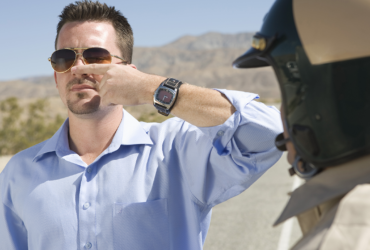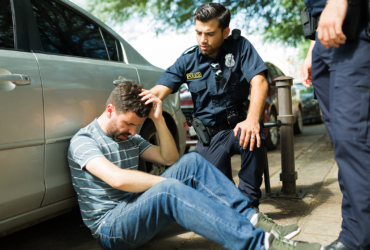Driving with willful and reckless disregard for another’s safety
Although state jurisdictions vary, most states follow the Uniform Vehicle Code, which defines reckless driving as the “willful disregard” for the safety of persons or property. Reckless driving is mostly associated with impaired driving – mostly drunk driving.
To criminally charge a driver with reckless driving (sometimes called a “wet-wreckless” if the consumption of alcohol or drugs was involved), the prosecutor must prove that the driver possessed a willful disregard for the safety of others and knew their actions would likely cause harm to another. A defendant who knows of his impaired condition and the danger they present but chooses to operate a vehicle on public roads, is itself evidence of willful and reckless disregard for the safety of others.
In most states, should a person be killed due to reckless driving, the defendant may be prosecuted for manslaughter. However, in most states, this is rarely charged unless there is evidence of drug or alcohol impairment.







